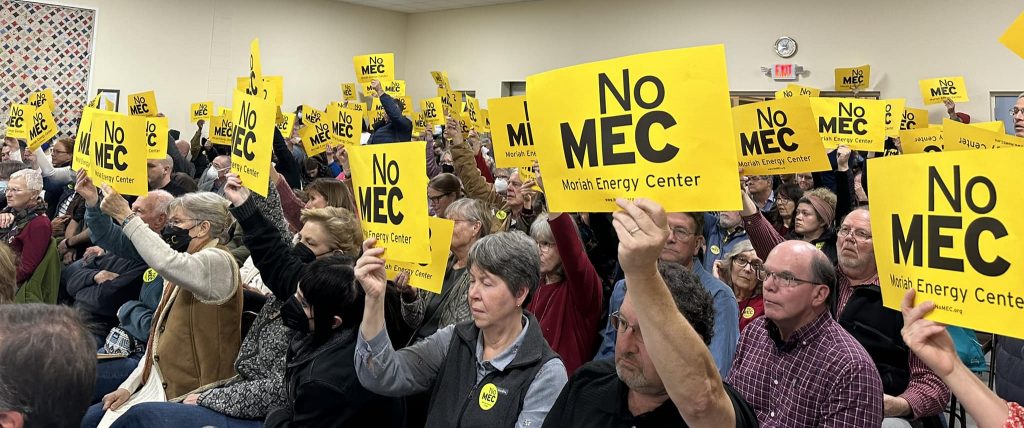The Virginia Department of Mines, Minerals and Energy is undergoing a review of the commonwealth’s surface coal mining regulations.
During the public comment period, which was scheduled to close on April 8, environmental groups urged the state agency to strengthen protections for land, air and water. Both Appalachian Voices, the publisher of this newspaper, and the grassroots organization Southern Appalachian Mountain Stewards asked the agency to make it easier for citizens who file complaints to get involved in site inspections.
The groups also called on the DMME to strengthen bonding regulations to ensure that financially unstable mining companies do not walk away from reclamation obligations. Virginia operates a pool bond that allows mining companies to pay a portion of the amount necessary to reclaim their mines into a shared fund, rather than posting a bond that is sufficient to fully restore the site. The groups suggested eliminating the pool bond’s $20 million cap so that the fund can better respond to market changes and stay solvent. In 2017, a state advisory board identified the mining companies owned by the family of West Virginia Gov. Jim Justice as the single greatest threat to the pool bond fund.
Among other regulatory updates, the environmental advocates also urged the DMME to replace its remaining self-bonds with full-cost bonds. In 2014, the state legislature abolished the practice of self-bonding, where a company can simply show that they have the resources to cover reclamation instead of posting a bond. This puts taxpayers on the hook if a company fails, particularly if the company owns multiple mines in need of cleanup. Despite the 2014 law, Justice-owned A&G Coal Corp. still holds self-bonds.
The groups also sought limits to “temporary cessation,” which is when a mine operator temporarily abandons a mine and is exempt from various regulatory timetables. Currently, a mining company can declare that a site is in temporary cessation for years. The groups argue this encourages prolonged disrepair and can lead to the mining company forfeiting its bond and failing to reclaim the site. “Temporary cessation should be limited to one six-month grace period, after which the company must resume operations or begin reclamation,” the groups stated in their comments to DMME.
Related Articles
Latest News

Leave a comment
Your email address will not be published. Required fields are marked *





FERC extends MVP Southgate certificate for an additional three years